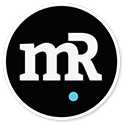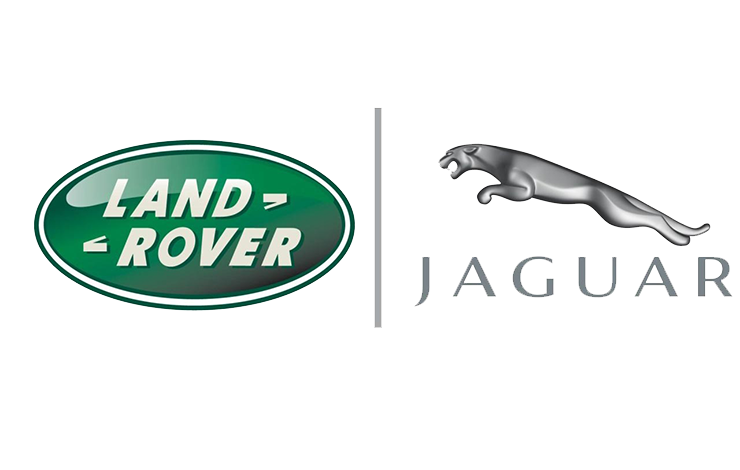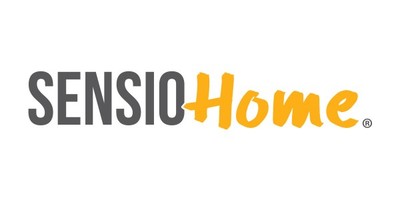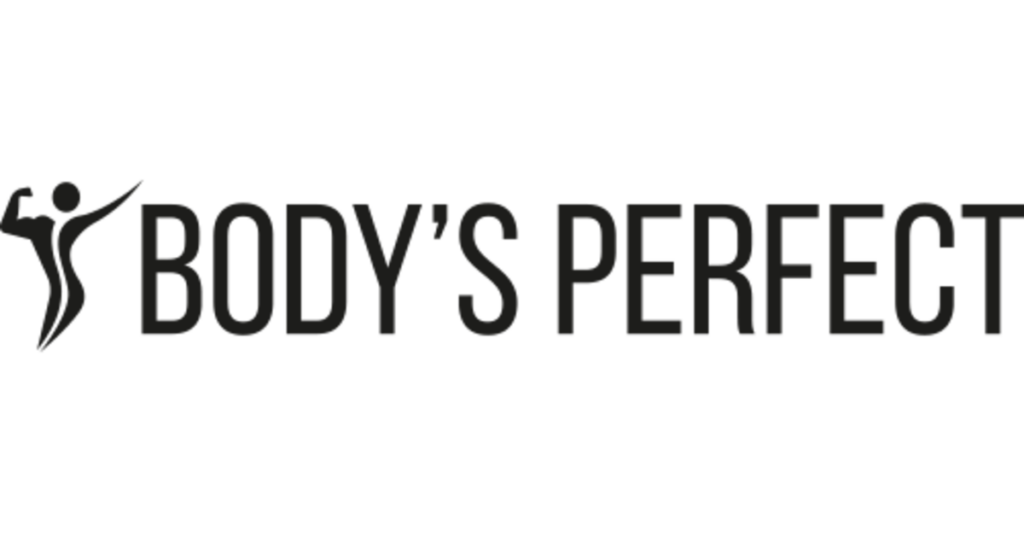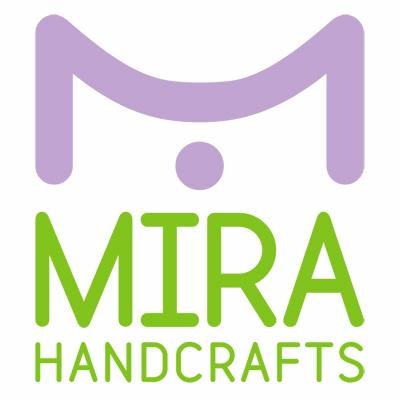My level of Dutch
I’m born on August 19th, 2000 in Leuven. It’s a city located about 25km (16mi) east of Brussels in the Dutch-speaking Flemish region of Belgium that’s well-known for its prestigious university and beer culture. I grew up in a Flemish family and completed my elementary, middle and high school in Flemish-Brabant. The only language spoken in this region is Dutch, more specifically a ‘standard Flemish’ (even though such language officially doesn’t exist) with Branbantian influence, that (together with the dialects of Holland) laid out the base of the official standard Dutch spoken in The Netherlands.
My level of English
After my mother tongue (Dutch), I’m most comfortable speaking English. Dutch is, apart from Frisian, the closest language related to English. It’s a global language that’s very apparent in (Dutch-speaking) Belgium, The Netherlands, and Northern Europe. The Dutch dubbing industry is inexistent (all films, series, … on TV, online and in cinemas are subtitled), and we never expect any stranger to speak Dutch as the community of speakers is small. Being in the center of Western Europe (just 1h30 away from London, Paris, Amsterdam, and Cologne) and hosting many international organizations, Belgium is a melting pot of cultures and languages. In order to understand one another, you are forced to find a common language. This being English in the (Western) World.
In Belgium, we only officially start learning this language at the age of 14. However, because of the importance of it, I started earlier and starting from the age of 14, I started speaking English with English-speaking friends.
My level of French
I live in Leuven, at 7km (4,3 mi) from the linguistic border dividing Dutch-speaking Flanders from French-speaking Wallonia. It’s part of the linguistic border separating the Roman languages from the Germanic ones, running from Dunkirk (France-Flanders border) through Switzerland, to Villach (Austria – Italy border). Many of my classmates in high school spoke French at home, forcing our French teachers to keep the level high.
Belgium is a trilingual country with Dutch and French being by far the most important languages. Even though there is a clear separation of the languages, French is omnipresent – especially around Brussels (in the region where I live) – and very important for the country on a federal level.
I started studying French at school when I was 10 years old. I would have regular French classes (4 hours a week) until my graduation 8 years later. After my high school graduation, I went to study at the Sorbonne Nouvelle University in Paris, France. I obtained a bachelor in French and Italian Language and Region studies. Half of my courses were taught in French, the other half in Italian. I’ve lived 2 years in France, 19 years in Belgium, and 1 year in Italy.
My level of Italian
My love for Italy, Italian and italians started at the age of 14 years old. I have been introduced to the Tuscan culture by local friends of mine after which I started learning Italian at the Language Institute of the KU Leuven (University of Leuven). After my graduation in high school, I went to the Sorbonne Nouvelle University in Paris (France) to further develop my knowledge of the Italian language and culture. After 2 years, they gave me the opportunity to go to the University of Siena (Italy). All my courses (including history, international relations and Italian language) were in thought in Italian.
My level of German
As the 3rd official language of Belgium, German has been though to me in high school for 3 years. With my knowledge of the Latin tenses and the grammatical and lexical similarity between my native language (Dutch) and German, it has always been the easiest one to learn.
kind words by clients
